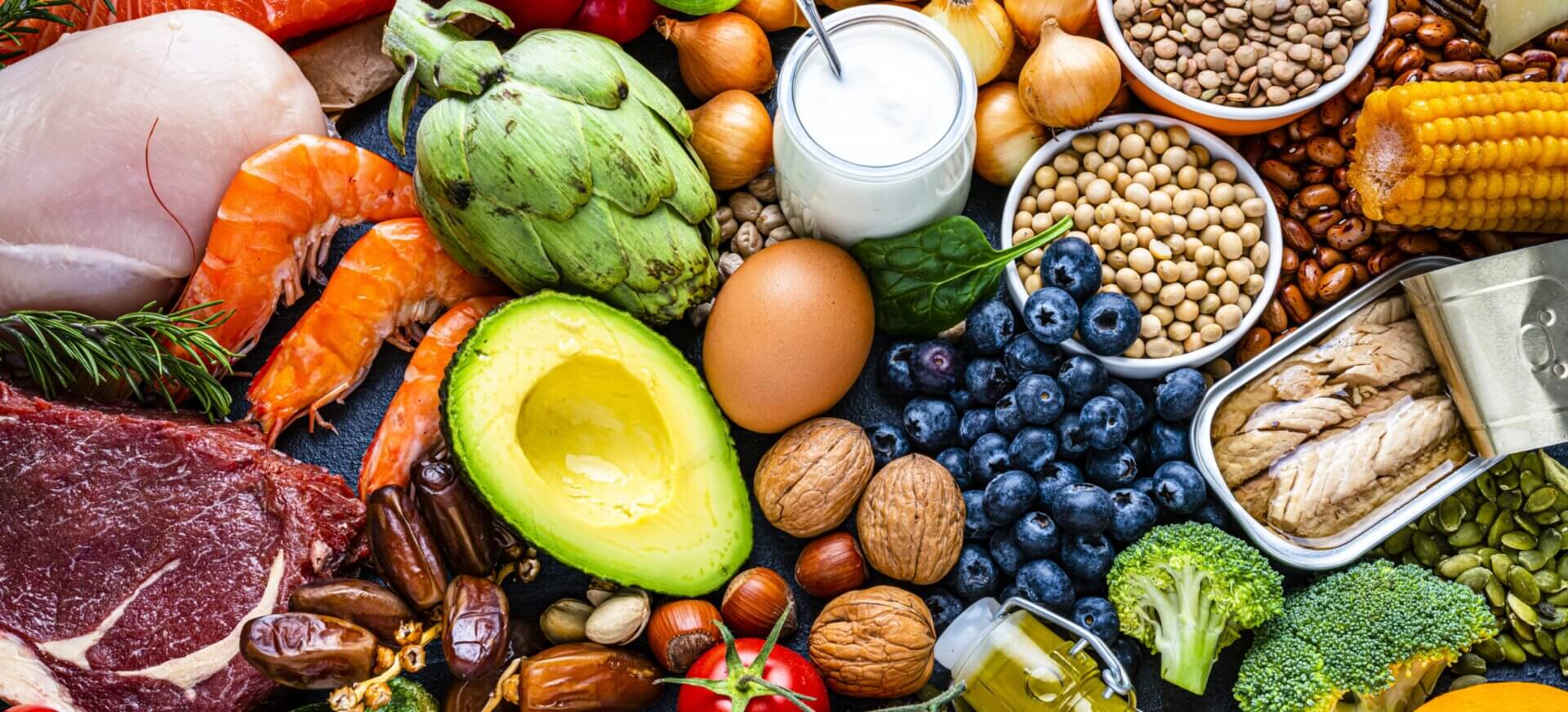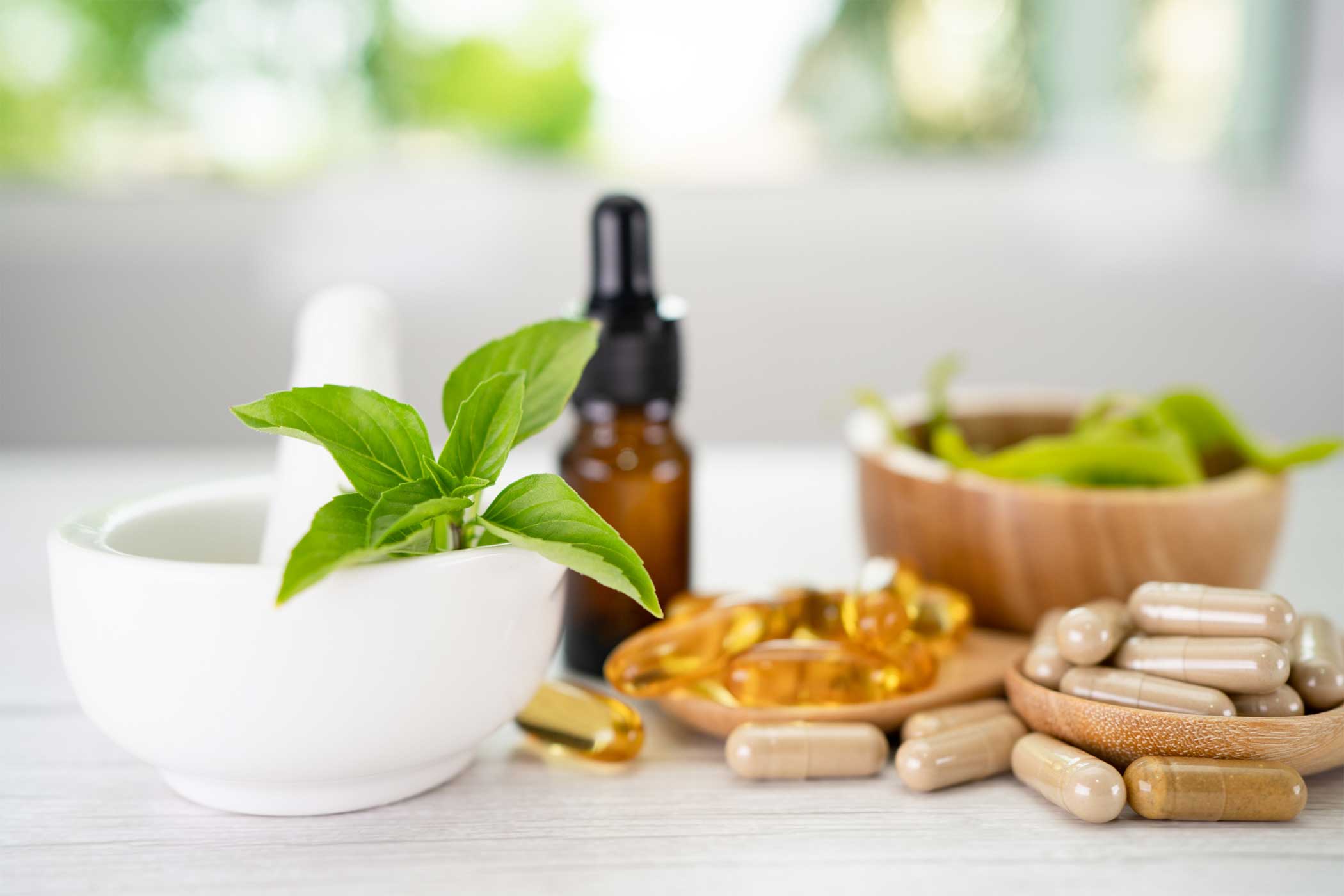Antioxidants
As women age, the amount of antioxidant in the fluid around the egg decreases. Without antioxidant protection, the cells surrounding the egg are less able to provide nutrition for the egg. The resulting poor function of those cells correlates with reduced embryo quality and chance of pregnancy (Suh, 2002, Elgindy, 2008). In males, oxidation products correlate with poor semen quality, a reduction in sperm motility, and fragmentation of the sperm DNA. To decrease the negative effects of oxidation, men and women should increase their dietary intake of antioxidants.
All fruits and vegetables contain antioxidants but berries are one of the best sources. Dark chocolate and green tea are also excellent sources of antioxidants, but contain caffeine so should be avoided by pregnant women or those trying to get pregnant.
Great antioxidants:
Blackberries, Blueberries, Strawberries, Pomegranate, Cranberries, Pycnogenol, Green tea, Dark chocolate, Fruits, Vegetables, Spices -e.g. ginger, oregano, turmeric, cumin
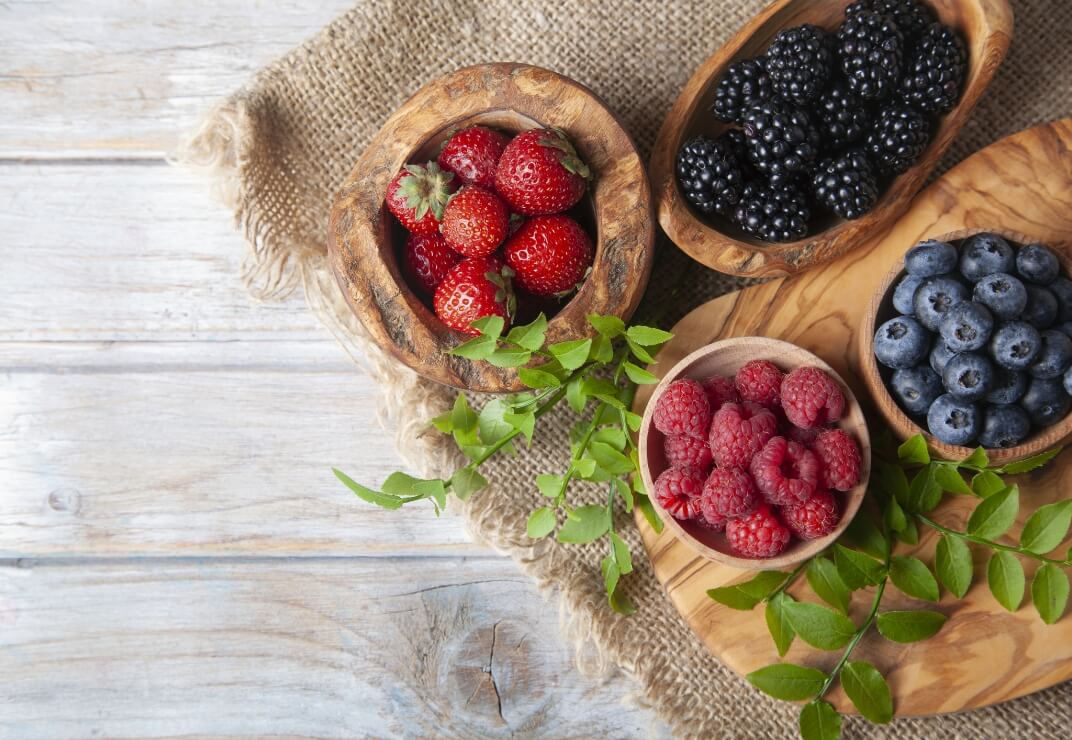
Omega 3s
In various recent studies, omega-3’s have been associated with improved sperm quality (Chavarro, 2009, Safarinejad, 2011, Attaman, 2012) and embryo implantation (Wright, 2011). Fish oil is an easy and inexpensive way to get omega-3’s. A reasonable dose is 500 to 1,000 mg, but make sure that is the amount of EPA and DHA (the two principle omega-3’s) and not just the amount of oil.
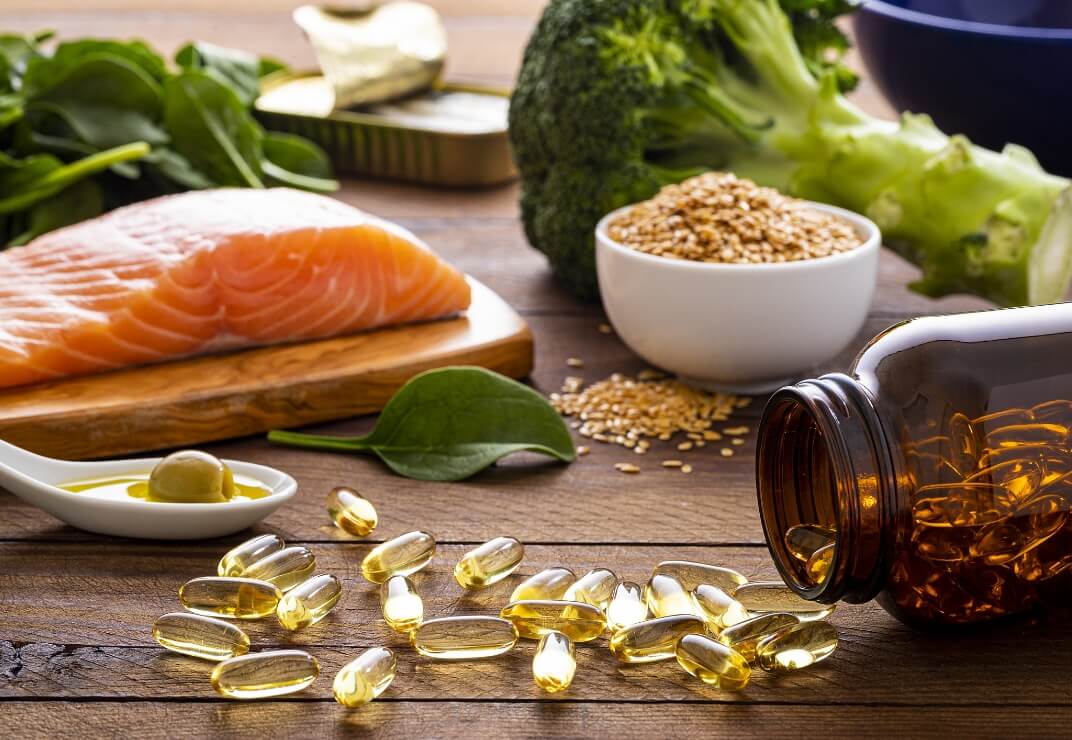
Cook Foods Less
Toxic compounds called advanced glycation products (AGE’s) are produced when foods are overcooked, such as with barbequing, broiling, grilling and frying. AGE’s accumulate in the body as people age, causing oxidative stress. In a study measuring levels in the circulation and in the fluid surrounding the eggs, higher levels of AGE’s were associated with poor follicular and embryonic development and a lower likelihood of ongoing pregnancy (Jinno, 2011).
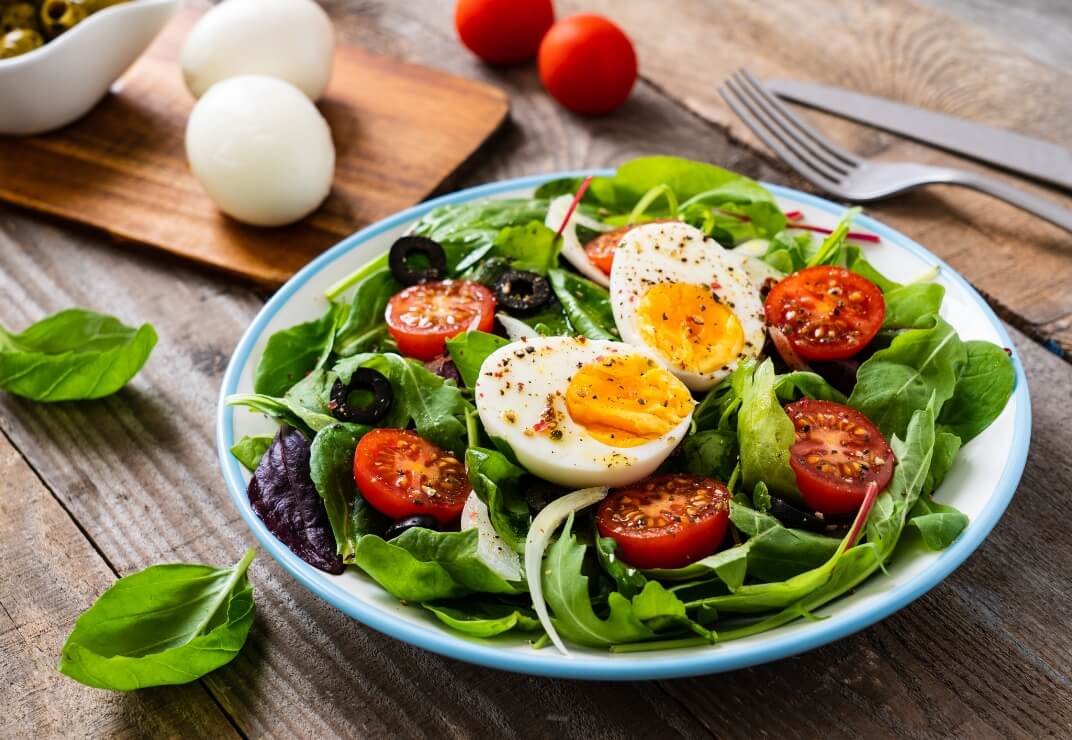
Best Fat Sources
In an extensive analysis of fat intake from Harvard presented at an international fertility meeting in Istanbul (Chavarro, 2012), the authors found that higher saturated fat was associated with retrieval of fewer fertilized eggs, higher trans fat and polyunsaturated fat were associated with decreased embryo quality and higher monounsaturated fat was associated with a higher birth rate. Women in the highest third of monounsaturated fat intake were almost three and a half times more likely to give birth than women in the lowest third. This study suggests strongly that limiting meat and other foods high in saturated fat, while increasing foods higher in monounsaturated fat will have the best outcome. About 2/3 of the fat in avocados and 78% of the fat in olive oil is monounsaturated. Nuts, particularly macadamias, are also a good source of monounsaturated fat. Trans fats should be avoided entirely.
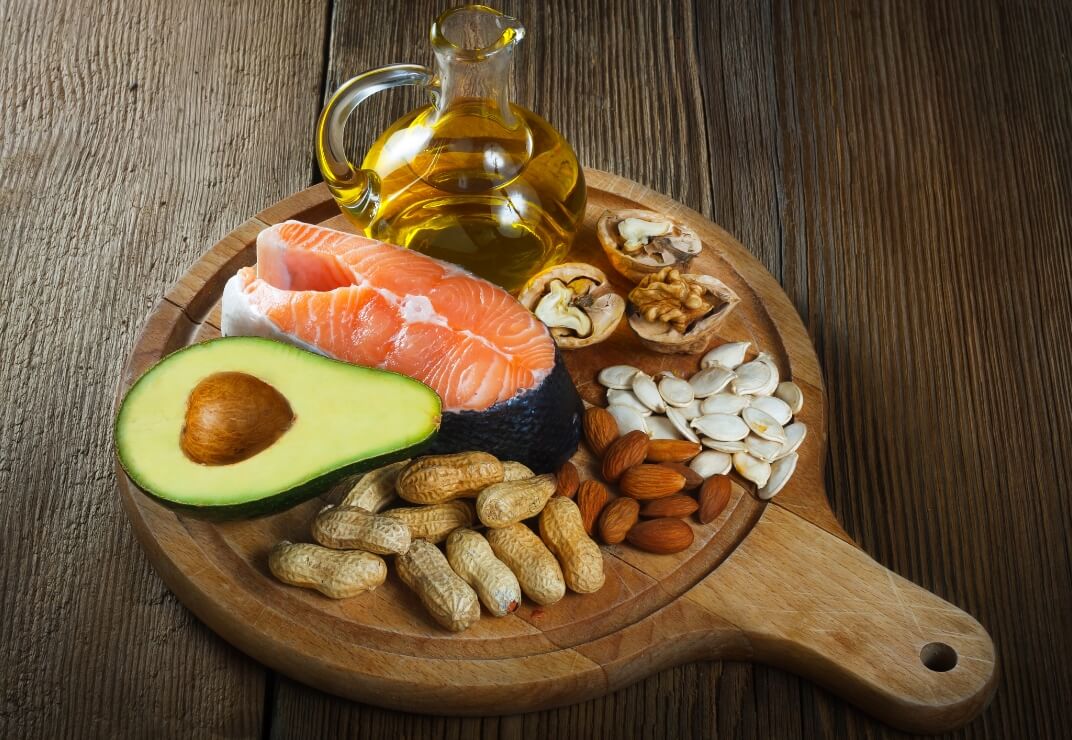
Adapted from Lifestyle and Fertility by Dr. David Meldrum at www.lifechoicesandfertility.com.
Related Topics
Let’s Take The Next Step Together
Our skilled fertility specialists are here to help. Contact us today and let’s discuss the next phase of your fertility journey.
